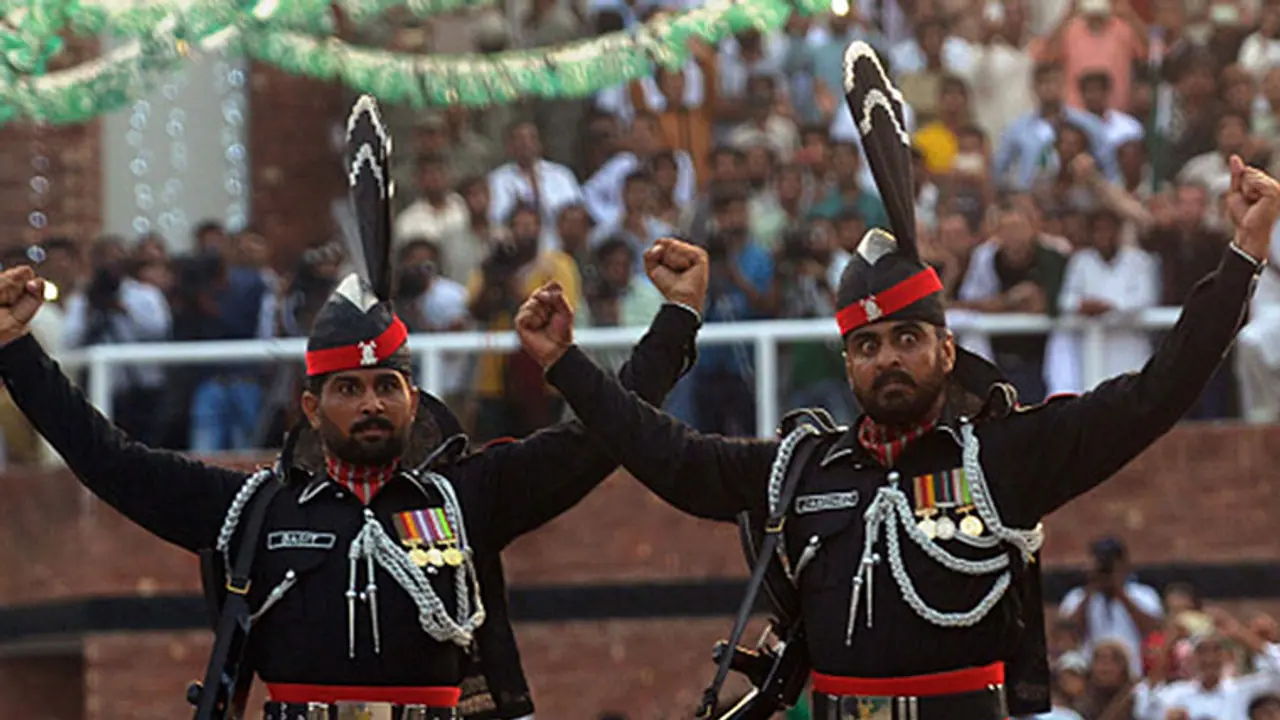The 11-judge bench of the ICJ was unanimous in its decision to stay the execution and prima facie, the court has accepted India's contention that Pakistan had breached the Vienna Convention by denying consular access to Kulbhushan Jadhav.

Moreover, in its order indicating provisional measures, which was adopted unanimously, the Court also stated that Pakistan shall inform it of all measures taken in implementation of that Order and further decided to remain seized of the matters which form the subject of the Order until it has rendered its final judgment.
Even as Pakistan argued that the ICJ could not hear the matter on an urgent basis as Kulbhushan Jadhav could exercise his option to seek clemency, the ICJ held that the fact that a Pakistani military court had handed down a death sentence was "sufficient to demonstrate the existence of a risk of irreparable prejudice to the rights claimed by India" and the need to hear the case as soon as possible.
As much as the order upheld all the prayers by India, Pakistan did not guarantee the court that it will not execute Kulbhushan Jadhav until the final judgement by the ICJ. It remains to be seen is how the Pakistan Civil and Military establishments chose to respond to the ICJ verdict which is "binding" as was clarified by the president of the court himself, but it doesn't have the power to enforce it.
Already the ICJ judgement has received wide spread reactions from different quarters in Pakistan conveying shock and criticism. Pakistan People's Party (PPP) leader Sherry Rehman tweeted: "We based our case on jurisdiction and it proved weak. More arguments should have been made regarding espionage" and the Pakistan Tehreek-e-Insaf (PTI) issued a statement blaming Prime Minister Nawaz Sharif for the 'unfavourable' outcome and asked him to clear his position in parliament.
The Pakistan Foreign Office spokesperson Nafees Zakaria in his weekly press briefing hours after the ICJ order said the court does not reserve any jurisdiction to hear a case that involves the national stability of Pakistan.
At The Hague, one of the arguments in the ICJ by Pakistan was that the courts' jurisdiction extended to civilian and not military courts. This is significant as it remains to be seen how the judgement of the ICJ will play itself out in the Civil – Military dynamics within Pakistan.
While Kulbhushan Jadhav was tried through Field General Court Martial (FGCM) under the Pakistan Army Act (PAA) and awarded the death sentence, the representation at the ICJ was made by the Civil Government of Pakistan.
India will also have to wait and watch how the Pakistan Government will respond to any overture by India in the days to come especially when it is not clear whether the ICJ judgement gives India right to consular access immediately or not.
It is unclear at this point whether Pakistan will abide by the ICJ order and not execute Jadhav. He continues to remain in custody an unknown prison in Pakistan. India has had no proof of life so far after the Military court execution order on 10 April 2017. As many as 16 requests for consular access by India have been denied.
If Pakistan does decide not to implement the ICJ ruling, India can approach the UN Security Council and ask for sanctions against Pakistan for breach of the ICJ judgement.
While the statement of the Foreign Office spokesman Nafees Zakaria said, Pakistan does not accept the ICJ's jurisdiction "in matters related to the national security of the country," but also stated that it "will present solid evidence against" Kulbhushan Jadhav.
As India prepares for its next appearance at The Hague, the ramifications of Pakistan's rejection of the ICJ judgement can be severe.
(The author is a media, communications and policy specialist. She writes on constitutional matters, defence, legal issues, gender inequality and travel, and edits books and reports for publishing houses and organisations. Currently, she is Program Director at the Flags of Honour Foundation and works on policy issues on Defence and Veteran Affairs. In her free time, she likes to head off to the mountains, meditate, and grow organic vegetables.)
